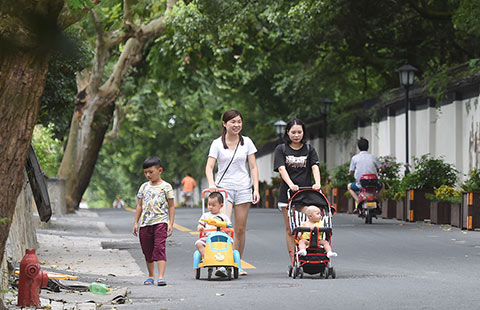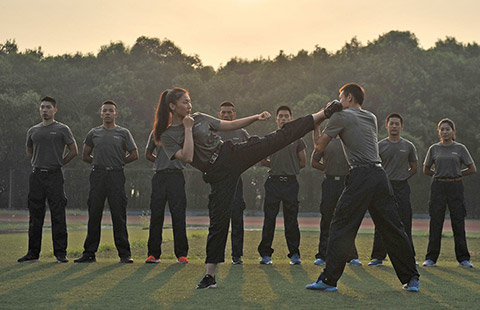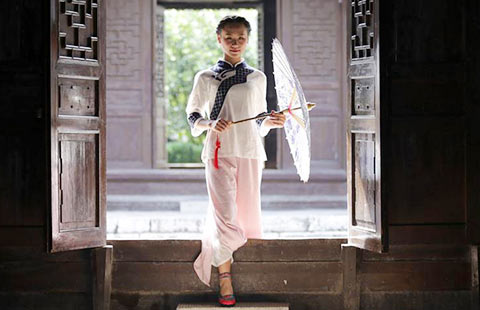Food price rises build inflationary pressure
(Xinhua) Updated: 2013-01-09 16:52Pan Xiangdong, chief economist of China Galaxy Securities, forecasts farm produce prices to continue going up before the Chinese Lunar New Year, which often sees food consumption surge and falls on Feb 10 this year.
Food prices account for almost one-third of the weighting in the country's CPI calculation.
Lian believed China's inflation has bottomed out and will enter a new round of upward movement.
The CPI is likely to end 2012 with an annual increase of 2.7 percent, much slower than in 2011. However, it will probably grow 3 percent-3.5 percent this year, he said.
If realized on the higher end of Lian's estimate, the 2013 inflation rate will surpass the current deposit interest rate level. In that case, authorities will be less driven to further reduce interest rates to support growth as that will lead to depositors' losses.
Chinese lenders are now allowed to set a maximum interest rate of 3.3 percent for one-year deposits after the central bank trimmed benchmark interest rates twice in the first seven months of 2012.
Inflationary pressure will heighten in China in the mid- and long-term due to increasing labor costs and accelerated reforms to make prices of resources like water, minerals and energy more reflective of market demand, said Fan Jianping, an expert at the State Information Center, a government think tank.
Quantitative easing measures by central banks in Europe, the United States and Japan may also cause excessive liquidity and give force to inflation in China, according to results of a survey of economists from 11 financial institutions released by the Shanghai Securities News on Wednesday.
Related Readings
China to slightly ease monetary policy in 2013
China's food prices expected to rise
National markets to stabilize food prices
China CPI up 2% in November
CPI to decrease further, PPI to rebound: research
- China's top train maker sees overseas orders soar in first half
- Russia, China should cooperate within G20 to tackle challenges
- Daily life in China's Hangzhou
- I am in Hangzhou: Food and beverage manager Raj
- I am in Hangzhou: Artist Munro
- Animation copyright fair in Guangdong seals deals worth $520m
- I am in Hangzhou: Medical student Tim
- China ceases anti-dumping duties on Japan, EU steel exports

















